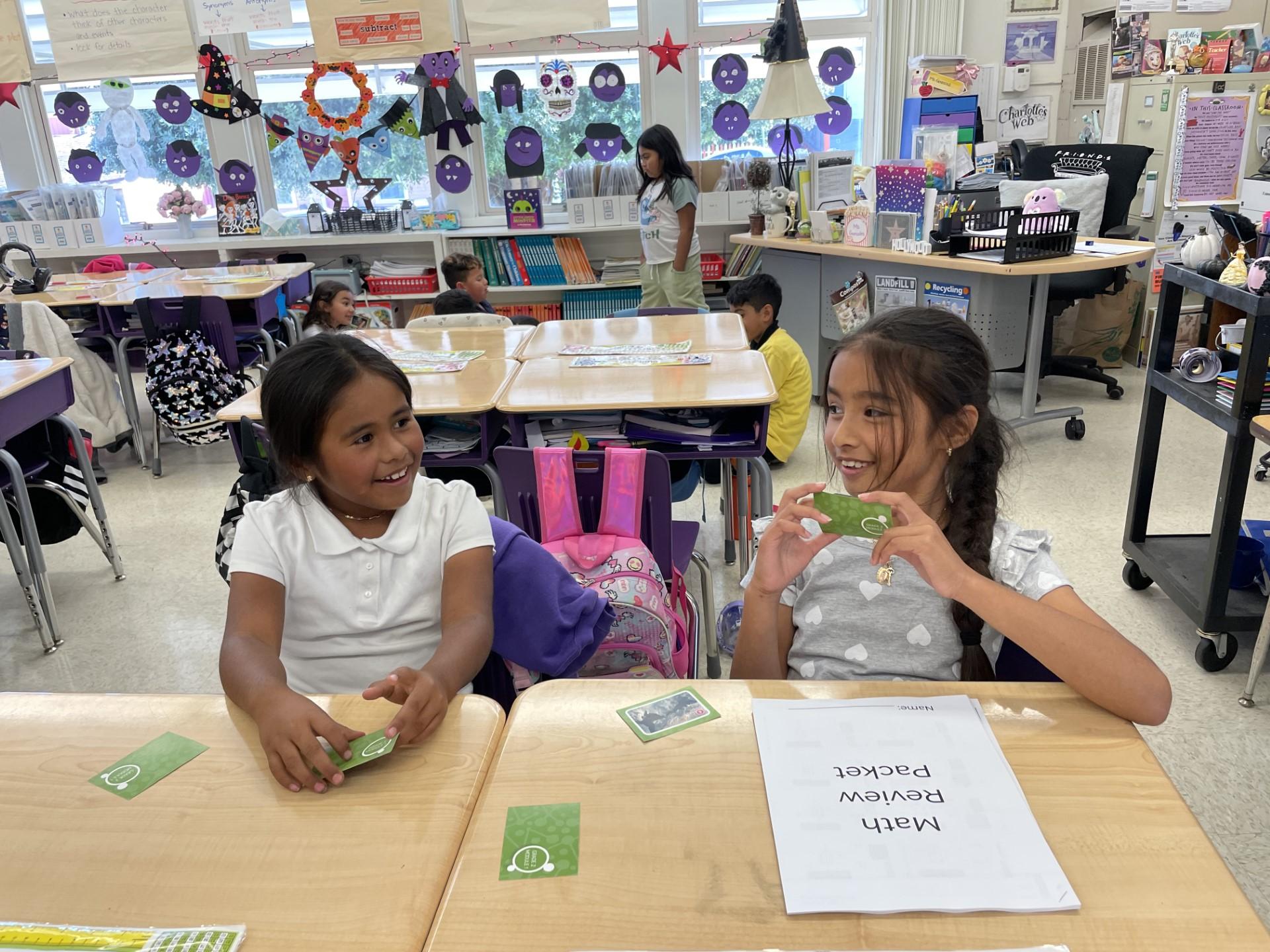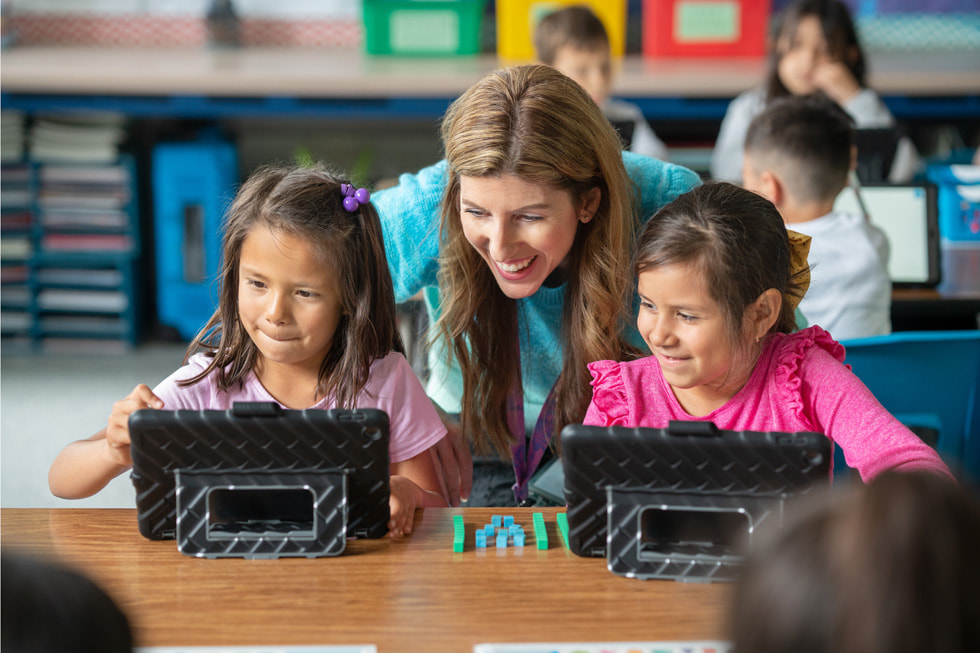Aspects to Think About in Deciding On Independent School: Understanding What Each Establishment Has to Deal for Your Youngster's Development
Choosing an independent school for a child includes careful consideration of numerous elements. Parents need to examine the academic curriculum and teaching approaches of numerous institutions. They should additionally discover extracurricular tasks that can improve their kid's experience. Furthermore, understanding the school's culture and values is vital for positioning with family ideas. As monetary ramifications play a considerable role, it is crucial to consider tuition expenses against readily available scholarships. Just how do these aspects shape a youngster's growth path?
Academic Curriculum and Teaching Approach
When picking a personal college, recognizing the academic curriculum and mentor philosophy is essential, as these components considerably influence a youngster's educational experience. Parents need to check out the school's technique to teaching and the subjects offered, as this can differ substantially among establishments. Some institutions may embrace a typical educational program concentrated on core topics, while others might emphasize project-based discovering or interdisciplinary studies.
In addition, the teaching approach can shape classroom dynamics and pupil engagement. Institutions that focus on a student-centered method often foster vital reasoning and collaboration, while those with a much more organized environment may concentrate on discipline and fundamental skills.
After-school Activities and Enrichment Programs

Relevance of Diverse Activities
While academic quality is usually focused on secretive institutions, the value of varied tasks, consisting of extracurricular tasks and enrichment programs, can not be overemphasized. These activities play an important duty in a child's all natural growth, using chances for creativity, crucial reasoning, and team effort. Participating in various searches allows pupils to discover their rate of interests, discover new interests, and develop crucial life abilities, such as time administration and self-control. Additionally, diverse activities can foster a feeling of belonging and neighborhood, enhancing the total institution experience. By taking part in clubs, sporting activities, and creative endeavors, pupils not only enrich their education and learning however also develop memorable experiences that add to their personal development. Diverse tasks are integral to cultivating well-rounded individuals.
Influence On Social Skills
Just how do extracurricular activities and enrichment programs affect a child's social skills? These programs supply important possibilities for children to engage with peers beyond the typical classroom setup. Participating in clubs, sports, or arts fosters conflict, communication, and teamwork resolution. Youngsters find out to browse varied social settings, boosting their capability to develop and create relationships compassion. Additionally, taking part in different tasks motivates self-esteem, as kids tackle brand-new challenges and obligations. As they work together on jobs or complete in teams, they also acquire important experience in leadership and participation. Inevitably, a rich variety of extracurricular offerings adds considerably to a child's social development, preparing them for future interpersonal interactions in both academic and individual contexts.
Institution Culture and Values
Comprehending the school culture and values is vital for parents assessing private education and learning alternatives, as these components greatly affect a youngster's general experience. Each organization symbolizes special approaches, customs, and social norms that form trainees' day-to-day lives. A school that highlights inclusivity may cultivate a helpful environment, motivating kids to establish compassion and respect for diverse backgrounds. Alternatively, establishments that focus on scholastic quality might create an affordable atmosphere, inspiring pupils to intend for high success.
Moreover, the alignment of a college's values with a household's ideas can enhance a youngster's sense of belonging, enhancing favorable behaviors and mindsets. Parents need to investigate the institution's objective declaration, review its disciplinary policies, and observe trainee communications to gauge the fundamental society. Inevitably, a college's culture and values considerably affect not just scholastic success but also personal growth, outfitting children with important life skills for their future.
Class Size and Student-Teacher Ratio
Class size and student-teacher ratio play an important duty in the educational experience used by personal schools. Smaller sized courses frequently lead to improved private interest, promoting much better trainee engagement and understanding. Research suggests that these elements can significantly influence learning end results, making them important factors to consider for moms and dads.
Advantages of Smaller Sized Courses
Smaller sized class sizes significantly enhance the educational experience by fostering extra tailored focus from instructors. In these atmospheres, educators can customize their guideline to satisfy private trainee requirements, enabling a much deeper understanding of the product. With fewer trainees, teachers can extra quickly identify those that might be having a hard time and offer immediate assistance. This close interaction can cultivate more powerful partnerships in between instructors and students, creating a helpful environment for discovering. Furthermore, smaller courses commonly promote better participation, as pupils may really feel more comfortable articulating their inquiries and thoughts. This vibrant encourages joint knowing and enhances general classroom interaction. Ultimately, the benefits of smaller classes add remarkably to a well-shaped educational experience that focuses on trainee advancement and growth.
Influence on Understanding Outcomes
The benefits of smaller sized classes expand beyond individualized attention, significantly affecting learning end results. Research constantly shows that a lower student-teacher proportion fosters enhanced interaction, enabling educators to tailor direction to specific needs. This environment motivates energetic participation, important reasoning, and deeper understanding of the material. In smaller settings, instructors can better identify and deal with discovering spaces, causing boosted scholastic performance. Grade School. Furthermore, pupils commonly really feel more comfortable expressing their thoughts and asking questions, which can further enhance the understanding experience. Conversely, bigger course dimensions might limit communication and comments, possibly impeding trainee growth. Because of this, when examining exclusive institutions, households should consider course dimension and student-teacher ratios as significant elements influencing their kid's instructional success
Community Engagement and Adult Participation
Exactly how can area engagement and parental participation boost the educational experience secretive schools? These elements play a necessary function in enriching the learning environment. When parents actively take part in school tasks, they promote a sense of belonging and assistance amongst pupils. This participation can take various forms, such as offering for occasions, going to meetings, or signing up with committees, which not just enhances the school area however also improves communication in between families and instructors.
Neighborhood engagement prolongs this support by linking the institution with local companies, companies, and social organizations (Grade School). Such partnerships give students with one-of-a-kind knowing possibilities, including workshops and internships, which add to their general growth. Additionally, colleges that focus on these links often produce an even more comprehensive atmosphere, permitting varied point of views to be shared. Inevitably, community engagement and adult participation serve to produce a helpful and collective setting that adds positively to students' scholastic and social success
Financial Considerations and Scholarships
Navigating the financial landscape of private institutions can be an intricate process for family members. Tuition expenses vary substantially, often affected by elements such as area, centers, and the school's reputation. Family members have to examine their financial situation, thinking about not only tuition however likewise additional expenses like attires, costs, and extracurricular tasks.
Several private schools use scholarship programs focused on bring in varied trainee populaces - Kindergarten. These scholarships can ease economic worries and make top quality education and learning obtainable to family members with differing revenue levels. It is necessary for moms and dads to ask regarding the availability of need-based and merit-based scholarships and understand the application processes entailed
In addition, some colleges give adaptable repayment plans that can ease prompt monetary pressures. By assessing all financial facets and checking out scholarship chances, families can make enlightened decisions that align with their instructional objectives and budgetary restraints.
Often Asked Questions
Exactly How Do Schools Assistance Trainees With Understanding Disabilities?
Colleges sustain pupils with learning disabilities via personalized education plans, specialized teaching approaches, and additional resources. They frequently offer tailored treatments, accessibility to sustain team, and comprehensive settings to foster scholastic and emotional growth.
What Is the Institution's Approach to Self-control and Actions Administration?
The college's approach to self-control and behavior administration emphasizes favorable support, clear assumptions, and restorative practices. Staff proactively engage trainees in conversations concerning behavior, cultivating a supportive atmosphere that motivates individual responsibility and responsibility.
Exactly How Do Colleges Handle Student Shifts, Such as Transferring To Higher Qualities?
Schools usually provide organized support throughout student adjustments, including positioning programs, mentorship possibilities, and customized scholastic preparation. These measures intend to relieve stress and anxiety, advertise change, and warranty pupils are planned for the difficulties of greater qualities.
What Are the College's Plans on Modern technology Usage in the Class?

Just How Do Institutions Assess Student Progression and Give Comments to Parents?
Schools analyze trainee development with regular analyses, including examinations, jobs, and classroom involvement. Responses is given to moms and dads through progress report, parent-teacher seminars, and on-line portals, ensuring constant communication concerning each child's scholastic advancement.
